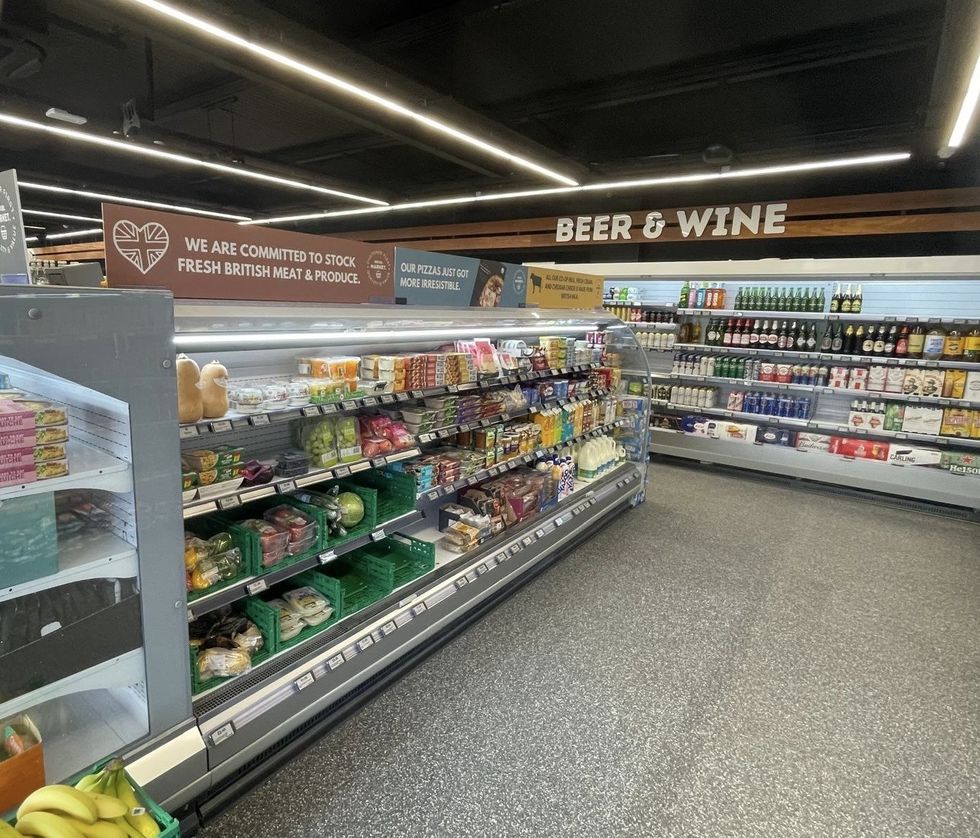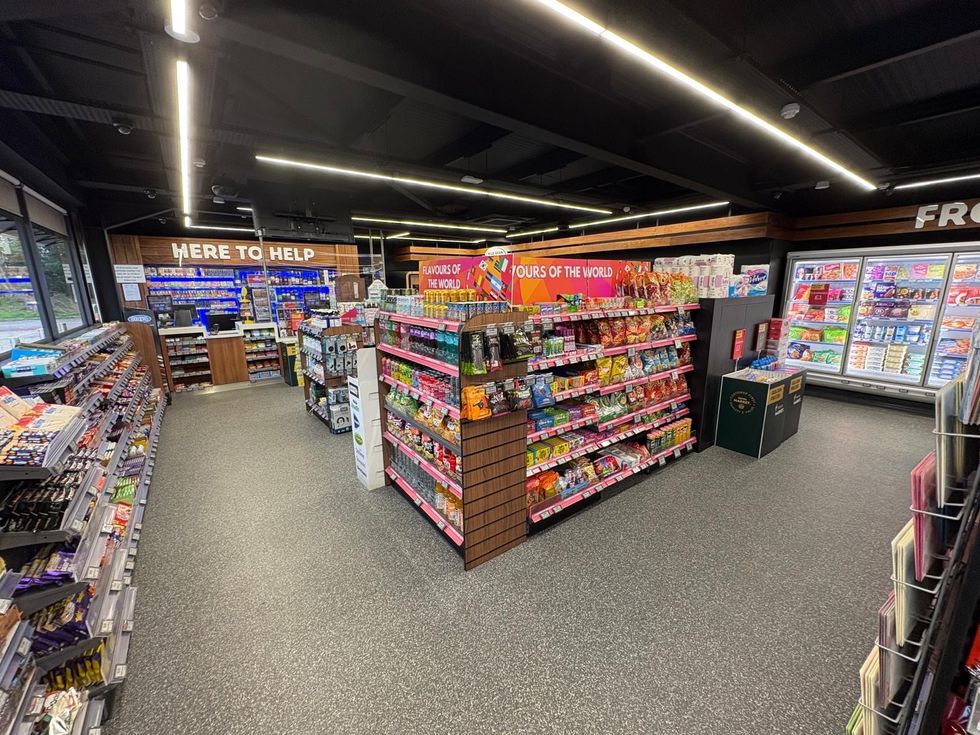Tankerford Ltd has unveiled its first Refuel Market branded store at Ardleigh South Service Station, near Colchester in Essex, following the successful launch of a Nisa Local store at Ardleigh Village Service Station.
Tankerford said this development of a former Spar store represents a significant step in its strategy to innovate and diversify its retail offerings, particularly within the fresh and premium convenience sectors.
The Refuel Market brand, created by Tankerford as a sub-brand, offers a new concept for convenience retail that incorporates a fresh, elevated shopping experience for both commuters and local customers.
The store features a robust selection of freshly prepared food items, an expanded range of snacks, and meal deals tailored to the preferences of on-the-go consumers, with exclusive Co-op own brand products through a supply deal with Nisa.
Explaining the rationale behind the introduction of the Refuel Market sub-brand and the collaboration with Nisa, Jamie Wheeler, retail sales director at Tankerford Ltd, said: “When I joined Tankerford, we saw an opportunity to offer something different within the service station market.
“We wanted to create an inviting, modern space that would encourage people who might have driven past to stop in and see what we have to offer.
“Nisa’s support, especially with Co-op products, was invaluable in shaping Refuel Market, allowing us to cater to a wide range of customer preferences and make fresh, high-quality items more accessible.”
To elevate the experience further, Refuel Market’s premium meal deal includes unique products from new suppliers such as Simply Lunch which has allowed them to offer customers sushi and other high end speciality lunchtime options, as well as locally sourced baguettes and rolls.
The ‘Flavours of the World’ section introduces international snacks and beverages from regions like Europe, the US, and Japan, providing unique options that distinguish Refuel Market from traditional convenience stores.
The store’s focus on premium convenience, paired with an accessible price point, has been well received by early customers. “We’re seeing strong initial interest and positive feedback,” said Wheeler.
“Our customers are largely commuters and truckers, and our aim is to make it easy for them to find quality, fresh products quickly. The response has already exceeded our expectations, with our new offers and refreshed branding enhancing the shopping experience.”
Nisa’s head of retail, Taranjit Singh Dhillon, expressed enthusiasm for the partnership and Tankerford’s innovative approach. “Tankerford’s vision with Refuel Market aligns perfectly with our goal of delivering fresh, convenient options to communities across the UK. We’re proud to be a part of this journey and support the Refuel Market’s growth with our Co-op product range and dedicated service. We look forward to seeing the Refuel Market brand expand and resonate with even more customers.”
Tankerford said it plans to assess the potential for future Refuel Market locations based on site suitability and customer demand.
“This is a trial, but we’re very optimistic,” added Wheeler. “If Refuel Market continues to perform well, we’ll look into bringing this unique shopping experience to other locations that align with the brand’s appeal and values.”







